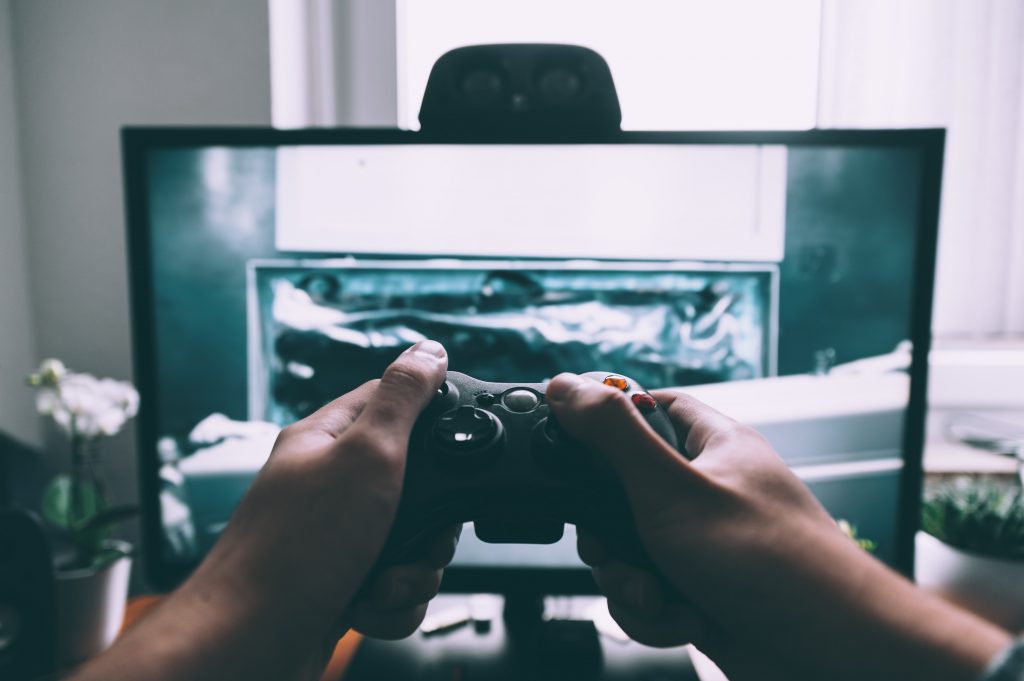The representation of characters within video games has long remained a topic of debate. From the early days of pixelated characters to the highly detailed and realistic characters of today, developers have struggled to create believable and relatable characters. However, as the industry has grown, so too has the criticism of the way certain groups are represented in video games. One of the most commonly criticized areas is the representation of women and minorities in computer games.
1. HOW WOMEN ARE REPRESENTED THROUGHOUT VIDEO GAMES
Women’s representation throughout video games has stayed a source of controversy for decades. From the early days of the industry, female characters were often portrayed as weak and helpless, often serving as damsels in distress or objects of desire. This portrayal is not only offensive but also perpetuates harmful stereotypes about women in society. In recent years, there have been some positive changes in the way women are represented in computer games. However, there is still a long way to go before female characters are portrayed in a way that is both believable and relatable.
2. THE REPRESENTATION OF MINORITIES IN VIDEO GAMES
In addition to the representation of women, minorities in video games have also been a source of criticism. Characters of color are often portrayed as stereotypes, with little depth or complexity. This is especially problematic when the characters are the only representation of a particular minority group in the game. This deficiency of illustration not only spreads hurtful stereotypes but also be unsuccessful to recognize the assortment of the world we live in.
3. THE REPRESENTATION OF PEOPLE WITH DISABILITIES IN VIDEO GAMES
Another area where representation in video games is lacking is in the representation of people with disabilities. Characters with disabilities are often portrayed as weak or pitiable, with little depth or complexity. This perpetuates harmful stereotypes about people with disabilities and fails to acknowledge the diversity of the human experience.
CONCLUSION
It is important to acknowledge that the gaming industry is not the only one with these issues, representation and stereotyping are present in all forms of media, but as the gaming industry continues to grow and become more mainstream, it has a responsibility to address these issues and work towards more diverse and accurate representations of characters. Some game developers and studios have started to take steps towards more inclusive representation, but more needs to be done.
For more information, click here.




